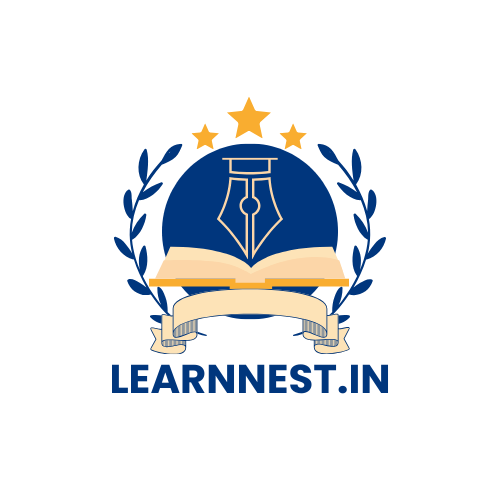
Sleep,My Treasure Q & A
Q.1. Answer the following questions.
(a) Who is the speaker in the poem?
Ans:The mother is the speaker in the poem.
(b) To Whom is the poem addressed?
Ans:The poem is addressed to the baby.
(c) What time is being described in the poem?
Ans:Night time is being described in the poem.
(d) Name the white and bright things mentioned in the poem.
Ans:Lilies,daisies,garden,dawn and day break are the white and bright things mentioned in the poem.
Q.2. Guess the meaning of the following from the context.
(a) The garden still is alight with.
Ans:The garden which has become dark because the birds have gone into their nests is brightly lit up due to the presence of the lilies.
(b) Dawn wakes the starling.
Ans:As soon as it is dawn, the starling, a commonly found black bird wakes up. This is due to the darkness that has disappeared because of dawn or daybreak.
(c) The meadow is wrapped in shadow.
Ans:The meadow, where there is plenty of grass appears dark because the sun has set and there is only the shadow of the night falling on it.
Q.3. Which is your favourite time of the day? Describe it in detail.
Ans: The morning is my favourite time of the day.At that time, i feel fresh. This feeling of freshness is due to the morning rays of sun that bring hope in my life. I also look forward to the whole day’s activities, playtime and fun.
Q.4. Visit a library. Find and read stories and poems by Edith Nesbit.
Q.5. Draw word webs for the following.Begin with the given word and go on writing as many other words associated with it, as you can. Use these words to write other related words to form a word web.
1) sleep: dream,bed,rest,night.
2) day: school,sunlight,bright,play,work.
3) garden: children,play,swings,grass,trees,flowers.
4) bird: fly,wings,chirping,eggs,nests.
5) meadow:soothing, green, grass,pleasant,walk.
Q.6. An activity : Speak fast, think faster!
Form groups of 4-6. Discuss each of the following topics. Then each person in the group should choose a topic and speak about it for one minute. Try to say us many sentences as you can in that time.
(a) What may happen …
(b) What is not likely to happen or will never happen?
(c) Imagine you are watching a scene.For example, someone learning to ride a bicycle;or a cricket match.Give a running commentary on what you see.
